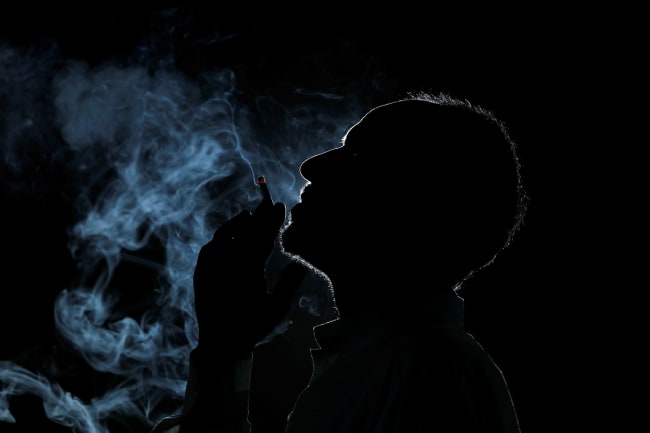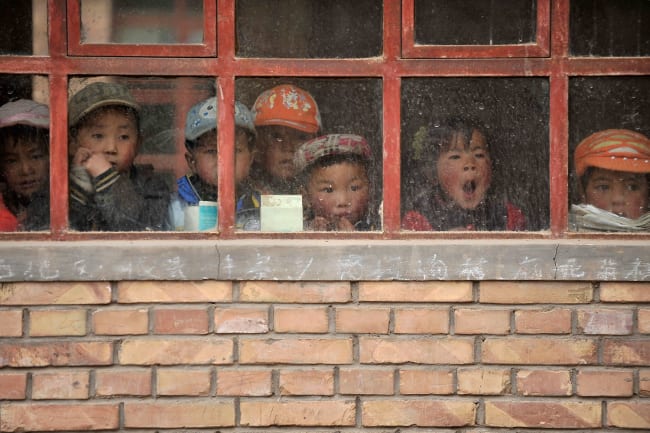The COVID-19 pandemic has rocked the world with startling, sustained force. One noteworthy outcome of such an extreme disruption is that we are now joined together by a common purpose—to protect ourselves, our families, and our communities from a public health threat greater than any of us have experienced.
The pandemic is undoubtedly an inflection point for public health. Public health is finally being prioritized above all else. It is therefore critical that governments and public health leaders seize on this increased global concern and solidarity, and actually lead.
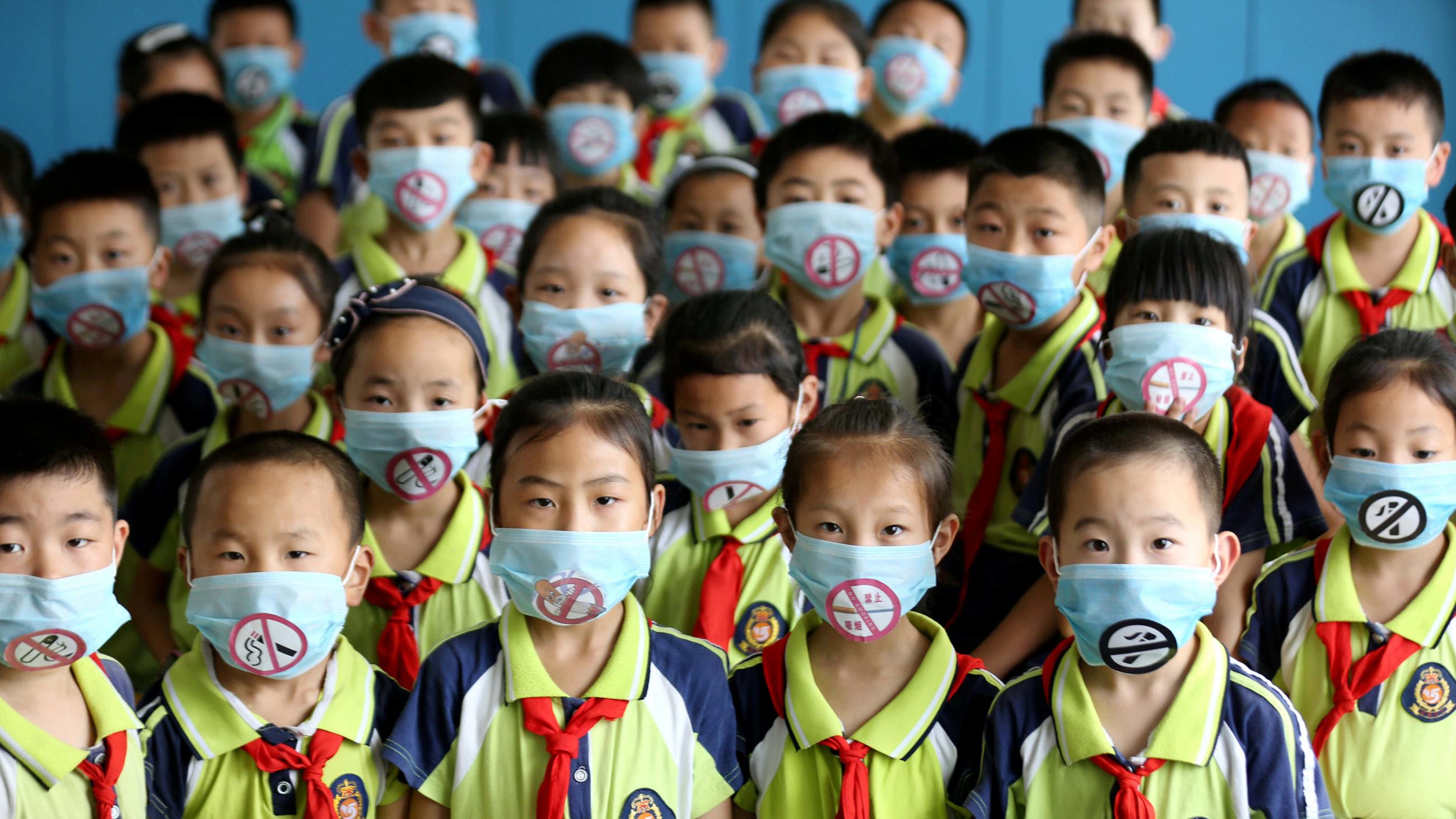
That leadership must include maintaining and doubling down on our work to prevent and control the epidemics that remain the major causes of preventable death in the world—noncommunicable diseases (NCDs) such as heart disease, cancer, lung disease, and diabetes—and the risk factors that cause them, such as air pollution, obesity, and tobacco.
If NCDs make COVID-19 worse, the same is true in reverse
NCDs in fact make us much more vulnerable to the ravages of coronavirus, and they are responsible for a large percentage of COVID-19 deaths—they are those so-called "underlying conditions." And if NCDs make COVID-19 worse, the same is true in reverse. During the pandemic, early detection and treatment for people with NCDs, from kidney dialysis to chemotherapy, has largely been delayed, exacerbating their illnesses and compromising their ability to seek treatment and cures.
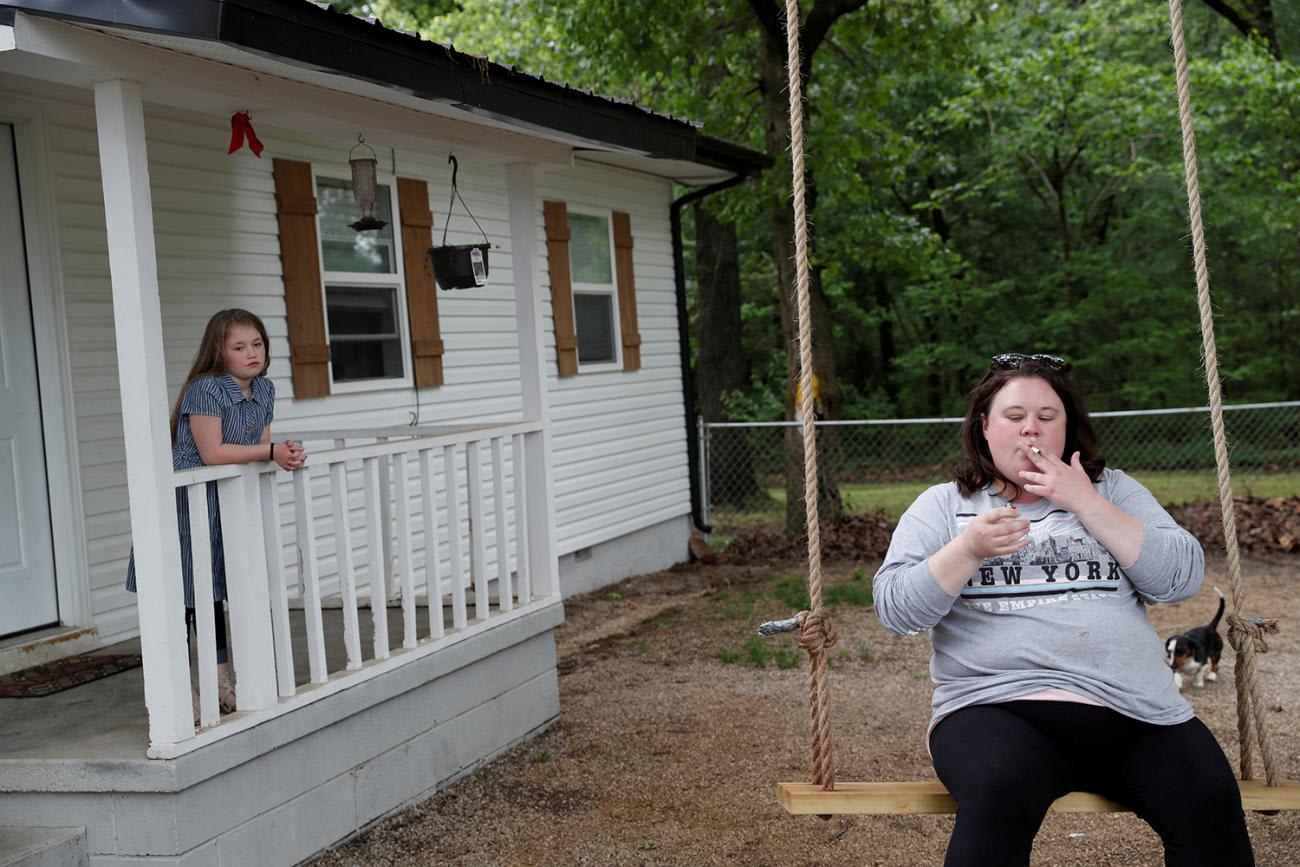
This Sunday, on World No Tobacco Day, it is worth reminding ourselves how we can better address this NCD epidemic. Tobacco alone is on track to kill one billion people this century if we don't intervene. We have a global treaty, the World Health Organization Framework Convention on Tobacco Control, which has been in place for fifteen years and outlines the steps countries should be taking to reduce use and harms, including restricting tobacco marketing and promotion, prohibiting smoking in public spaces, requiring the use of graphic warning labels on cigarette packaging, and taxation. Countries that have implemented these steps have seen drops in tobacco use by as much as 17 percent.
Countries that have implemented these tobacco control steps have seen drops in tobacco use by as much as 17
This pandemic offers the perfect opportunity to "unmask" some truths. The single most effective tobacco control policy is increased taxation. When tobacco is more expensive, people use it less and quit more often. So at a time when governments are scrambling to find appropriate revenue schemes, higher taxation of tobacco products can offset the costs of public health and health care systems in general. This is more than justified as tobacco use alone leads to $1.4 trillion of worldwide economic losses annually. Similar taxes also successfully reduce consumption of soft drinks, a major cause of obesity globally.
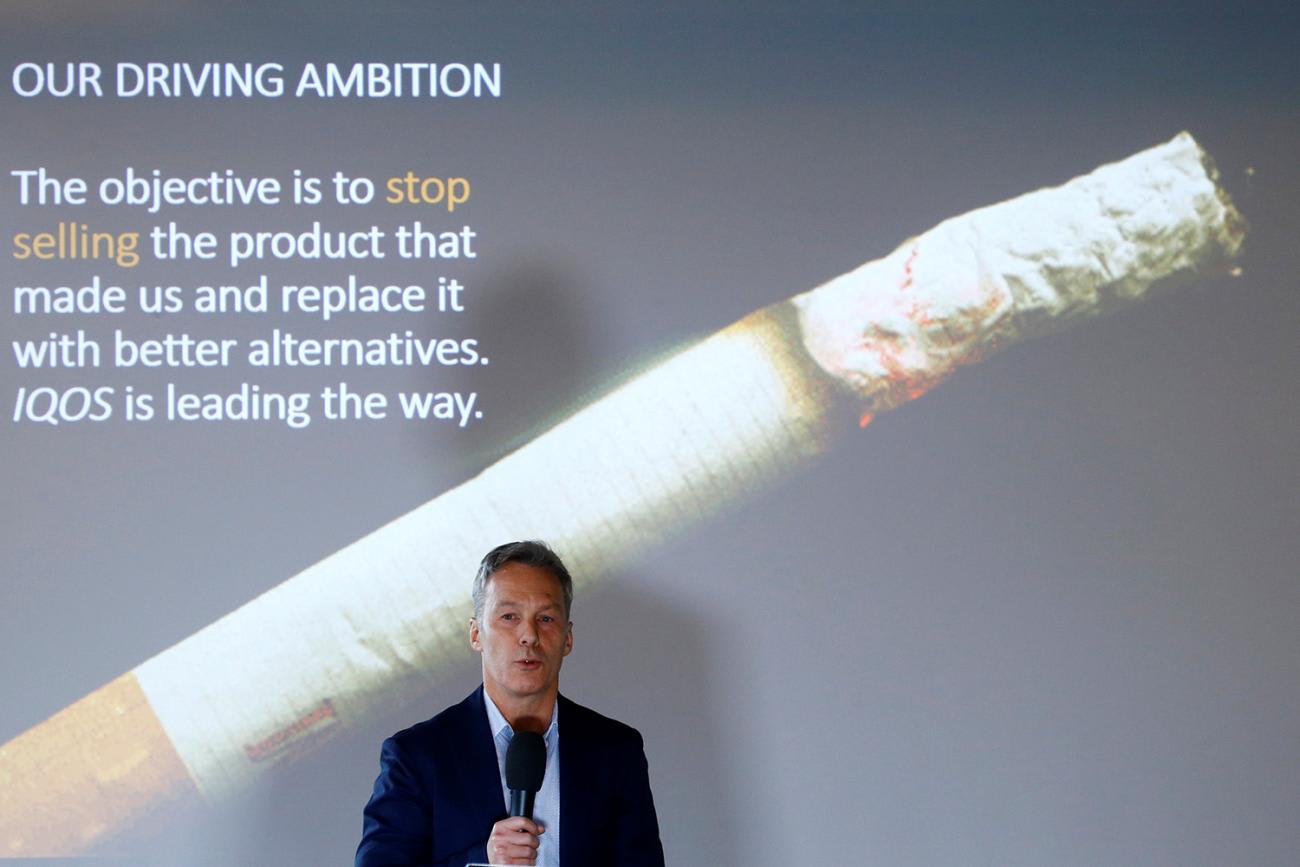
Other ways governments can respond to the pandemic through tobacco control include demanding that tobacco companies pay taxes in a timely manner (with no deferment), requiring those companies to financially support their workers when plants or other operations must be closed because of unsafe conditions, fully complying with temporary sales restrictions and bans put in place during lockdowns, and issuing surcharges or fees on its products in place of the donations and supposed "corporate social responsibility."
Manipulating youth through attractive product designs, new flavors, branded events featuring sponsoring celebrities and influencers, and marketing
This year's World No Tobacco Day theme is centered on protecting youth from industry manipulation. When young people buy tobacco, their purchasing habits are more impacted by taxation than other age groups. Unsurprisingly, the tobacco industry has taken advantage of our global moment of vulnerability to pass off smokeless tobacco and e-cigarettes as an alternative to smoking, despite its negative effects and its proven role in hooking youth to nicotine. The tobacco industry has also manipulated youth through attractive product designs, new flavors, branded events featuring sponsoring celebrities and influencers, and point-of-sale marketing in places frequented by children.
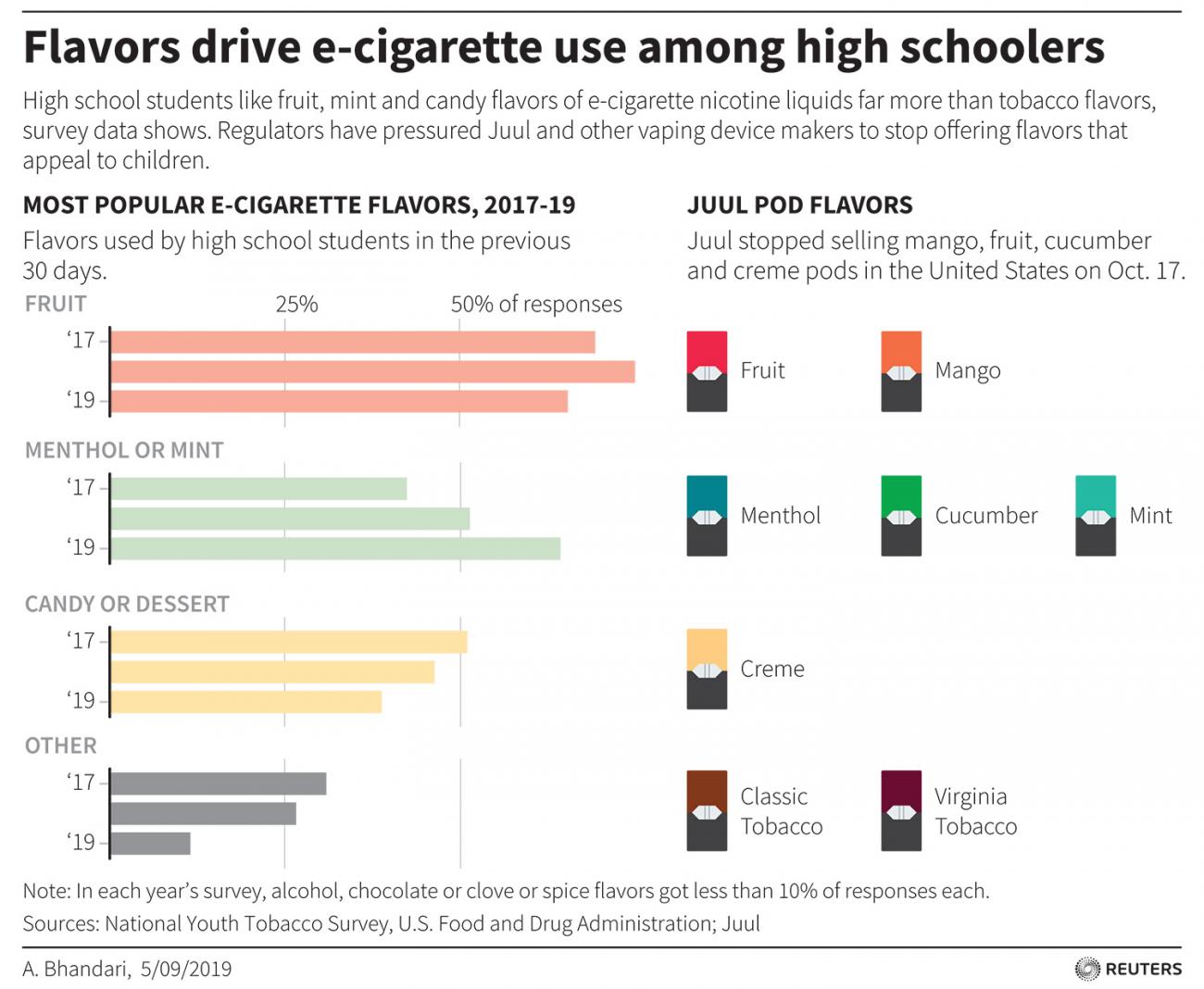
Big Tobacco is an industry whose products provide no benefits whatsoever to the people who buy them—and they hook and kill up to half of those consumers. The industry took opportunism to a new level this year by positioning itself as a "good guy" during the pandemic—offering up tobacco plants to grow vaccines! We see through their smoke and wonder if their true motive is to use the horrendous COVID-19 crisis to curry favor now so they can ask for bailouts down the road. This "wolf in sheep's clothing" act is a cynical sham.
This "wolf in sheep's clothing" act is a cynical sham
As many governments scramble to realign and implement policies that reflect a heightened level of concern for the health and well-being of people around the world during COVID-19, public health must lead. Let us seize the opportunity afforded by this awful pandemic to heighten global attention on World No Tobacco Day and expose the false dichotomy between public health and the economy. In actuality, healthier people drive healthier economies.

EDITOR'S NOTE: José Luis Castro is President and CEO of Vital Strategies, and Princess Dina Mired is a special advisor to Vital Strategies, which is supported by Bloomberg Philanthropies. Think Global Health also receives funding from Bloomberg Philanthropies.

